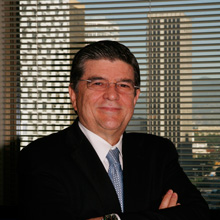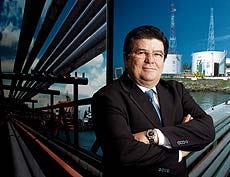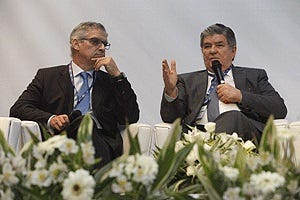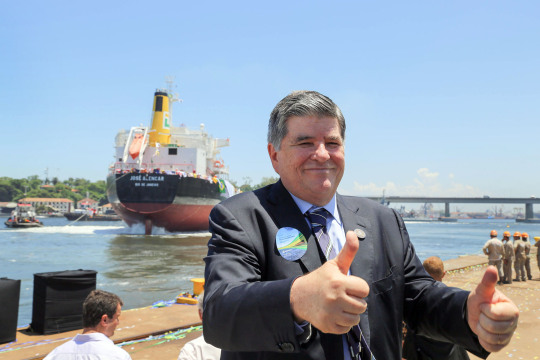 |
| Shipping Industry |
Post 2000, there was a keen focus shift towards reviving the Brazilian Shipping Industry. Petrobras was burdened with the target of using at least 70 per cent local content for its maritime needs. For upgrades and expansion, the shipyards, which also build oil platforms for Petrobras, had access to a new Merchant Marine Fund, with contributions from the BNDES, the country’s development bank. At the helm of this revival was Sergio Machado.
In the
1970s, Brazil had the second-largest industrial fleet in the world. But global
oil crisis, high inflation and economic instability caused the industry to fall
into shambles. By 2000, the entire sector had just about 200 workers.
SergioMachado, who became the President of Transpetro in 2003 said, “In Brazil, we
don’t have the choice of having ships or not. We have the choice as to whether
or not they will be ours,”
Machado emphasized on avoiding the
recurrence of the so-called “Dutch Disease” following the experience with
Netherlands in 1960s that crippled non-oil related sectors of Brazilian
economy.
In 2008,
Transpetro spent $16bn on maritime investments. Of the 49 ships to be built
under the first two phases of Promef, 41 have already been contracted, and
eight are still in the final phases of tenders to private companies. The
contracts awarded so far total $4.4bn. In some cases, companies began building
the shipyards and the ships at the same time.
Mr, Sergio Machado
says his goal is not to build ships and platforms in Brazil “at any cost”, but
to create an industry which, in the long term, would be globally competitive.
“It’s
important to have better planning to avoid the situation in the 1970s and
1980s, with the construction of many shipyards without long-term demand,” he
says.





